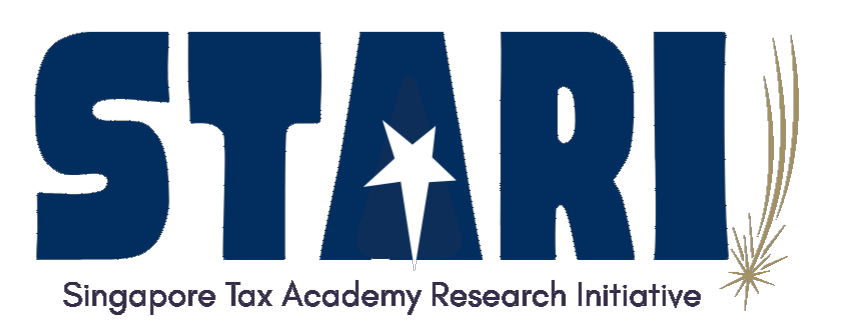Calls for redistributive measures to ensure tax justice have grown louder in recent years, characterised by multiple crises and rising global income and wealth inequality. Given the widely assumed inherent regressivity of general consumption taxes, such arguments may be particularly vociferous in the context of value added taxes (VAT) and goods and services taxes (GST), prompting policymakers to find solutions to mitigate regressive effects. This presentation uses the European Union (EU) VAT system as a case study of a VAT system which relies rather heavily on in-system measures such as tax exemptions and reduced VAT rates. This provides the basis for a critical assessment of EU-type models, based on the body of wisdom developed in various disciplines, as well as comparative analyses with alternative systems. Particular attention is paid to a potentially different evaluation of related policy measures depending on their permanent or temporary nature (including crisis measures, such as under the Covid-19 pandemic). In addition, this presentation addresses the relevance of redistribution as a policy objective to be achieved in the context of VAT/GST as such, in the light of the broader political, economic and social environment of a given jurisdiction.
SPEAKER

Dr Stefanie Geringer
Postdoctoral Researcher and FWF Schrödinger Fellow
Department of Financial Law and Economics, Faculty of Law
Masaryk University, Brno
Dr Stefanie Geringer is a postdoctoral researcher at the Department of Financial Law and Economics at the Faculty of Law at Masaryk University, Brno (Czechia) and a certified tax advisor and manager tax at BDO Austria.
She has been awarded a Schrödinger Fellowship by the Austrian Science Fund (FWF) to conduct a 36-month research project at Masaryk University, Brno (Czechia) and the University of Vienna (Austria). The Fellowship is connected to her current comprehensive research project on the appropriate allocation of procedural competences between the EU and the Member States in VAT law based on the competence principles of the EU Treaties. Additionally, she is a member of an expert group for a study commissioned by the European Commission on ‘VAT beyond VAT in the Digital Age (ViDA)’, where she is contributing her expertise on environmental aspects of VAT law.
Other current research interests include national and international VAT and GST law, the greening of national tax systems, and the implementation of the SDGs in VAT and GST law.
CHAIR

Dr Vincent Ooi
Assistant Professor of Law
Singapore Management University
DETAILS
Date: 6 October 2025, Monday
Time: 4:30pm to 5:30pm [Registration commences from 4.15pm and Light Refreshments will be provided]
Venue: Seminar Room 2-03, Level 2, Yong Pung How School of Law, Singapore Management University
REGISTRATION
Please click HERE to register. Registration closes on 26 September 2025, 5pm SGT.
ORGANISERS
About Singapore Tax Academy Research Initiative (STARI)

The Singapore Tax Academy Research Initiative (STARI) conducts leading tax law research in a rapidly developing international tax landscape, while also building domestic tax research capacity, developing strong academic networks, and bringing the best in international tax thought-leadership to the tax profession in Singapore. In addition to its research activities, STARI provides training in academic research and writing, and works with the world’s best tax law academics to develop tax professionals.
https://ccla.smu.edu.sg/stari
About Tax Academy of Singapore

The Tax Academy of Singapore is a not-for-profit institution set up by the Inland Revenue Authority of Singapore in collaboration with the international accounting firms – Deloitte & Touche, Ernst & Young, KPMG and PricewaterhouseCoopers, the Singapore Chartered Tax Professionals, the Institute of Singapore Chartered Accountants and the Law Society of Singapore.
As a leading hub for tax excellence and a network of networks, Tax Academy collaborates with leaders in the industry, academia and the government to develop and deliver structured tax training programmes, regular seminars and conferences. Through these platforms, tax professionals can stay current with global developments while enhancing their professional competency, knowledge and capabilities. By fostering exchanges between industry experts, academics and government officials from both local and international spheres, Tax Academy cultivates an environment of continuous learning and knowledge sharing.
https://www.taxacademy.sg